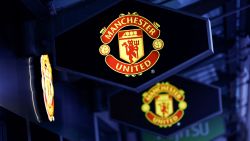Still only 29, he’s one of the two greatest Premier League players of all-time, yet is Mohamed Salah still undervalued?
According to leading sports scientist Simon Brundish, it’s a categorical yes – and he’s got the statistics to prove it.
In 1999, a swaggering Frenchman by the name of Thierry Henry arrived at Arsenal from Juventus. Over the next eight years, Henry would forge his name as one of the most feared forwards in the history of the game, forming the jewel in the crown of a glittering Gunners side that wrote themselves into the history books with an unbeaten league campaign in the 2003-04 season.
Eighteen years later, Mo Salah followed Henry’s path in swapping Italy for England – this time to Liverpool’s benefit.
The Egyptian has scored over 100 times in just four seasons since his move from Roma, spearheading the club’s sixth Champions League triumph in 2019 and a first league title win in three decades the following year.
That number of goals is even more remarkable given Salah usually operates from wide positions, rather than as a central striker like Chelsea’s Romelu Lukaku.
“I think as a player in the Premier League, he is unprecedented,” said Brundish of CNN Sport.
“The nearest we have of him is Thierry Henry, but by the time he was at Salah’s age, he’d already moved to central striker – up until 23, he sometimes played from the left.
“Henry might be the other most undervalued, underrated footballer in the Premier League’s history with Salah.”
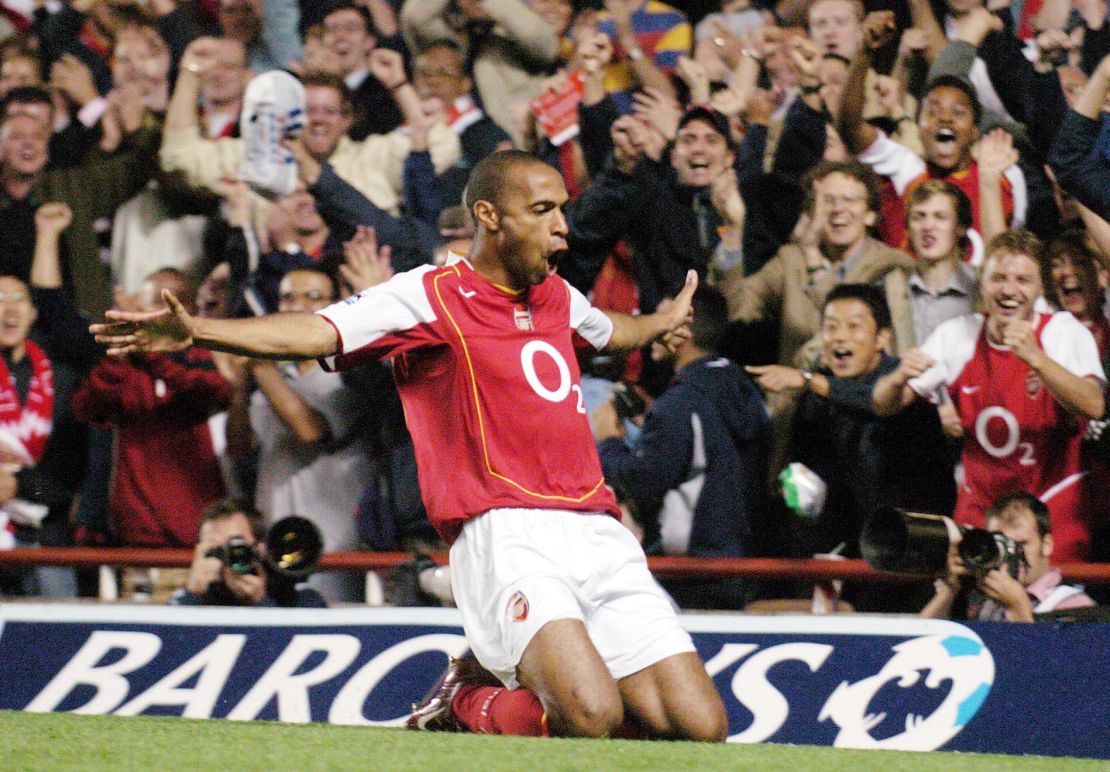
Ballon d’Or worthy?
With six goals in his first seven games, Salah has had a customarily prolific start to Liverpool’s 2021/22 league campaign.
His stunning solo goal in the 2-2 draw with reigning champion Manchester City earlier this month epitomized the Egyptian’s brilliance – jinking past multiple sky blue shirts before rifling a fierce drive, on his weaker right foot, past Ederson from the tightest of angles.
Last Friday saw the announcement of the men’s Ballon d’Or shortlist, with Salah among the 30 nominees for football’s foremost individual accolade. The Ballon d’Or ceremony takes place in Paris on November 29.
Despite a 32-goal, Golden Boot-winning league campaign in his debut Liverpool season and his efforts since, Salah has never made the podium for the award – a fact that baffles Brundish – though the sports scientist believes the forward is on course to avenge any previous injustice this season.
“I think if he carries on like this, there’s no argument,” Brundish said.
“I don’t think there’s anybody that’s having anything like the season that he is currently having. If Liverpool have a good run in Europe – they generally tend to be good at the European thing – and win one of the league title or the Champions League, I think he has the momentum.
“I think he should have won it in 2017/18, he was the best player on the planet that year. The caveat to that is Messi was the best player on the planet because he’s always the best player on the planet until he’s not breathing, but Salah was the best performing player.”
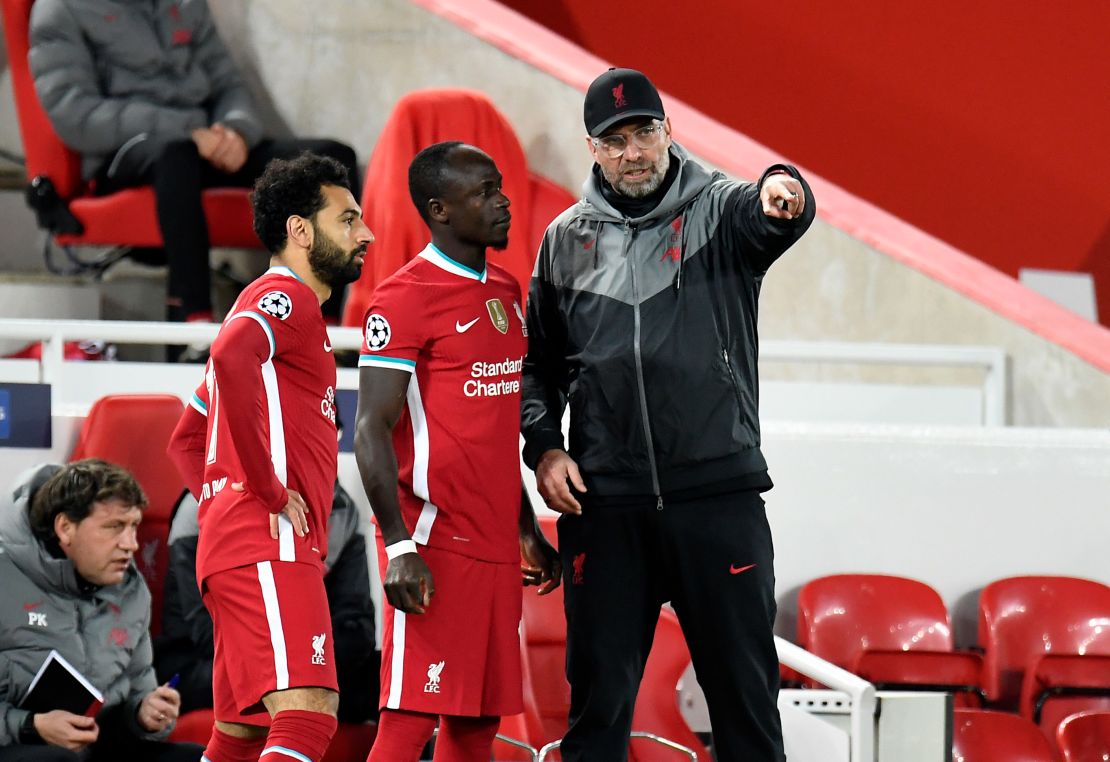
Deep diving into the stats
The numbers give credence to Brundish’s analysis – 152 league games played for Liverpool, 101 goals and 36 assists. These are not the sort of statistics that need quantifying or additional explanation to show Salah’s greatness, and yet Brundish arrives with extra receipts anyway.
Reference is made to analytic metrics known as expected goals and expected assists – data that effectively measures the likelihood of shots and final passes ending in goals. A value is generated between zero and one to quantify the likelihood of a goal for each action: zero being impossible to score and one being a certain goal.
Expected goals (xG) takes into account variables such as the shot angle and distance from the goal, while expected assists (xA) is similarly based upon factors like where the pass was made from and where the scorer initially received the ball.
Taking Salah’s goal against Liverpool as an example, Curtis Jones would be awarded a relatively low xA figure for his short pass to the Egyptian that immediately preceded the goal, given Salah’s distance out and the number of City defenders in his path.
Similarly, taking into account the acute angle of Salah’s finish, the xG assigned to his shot would have been small compared to an open shot from the center of the box.
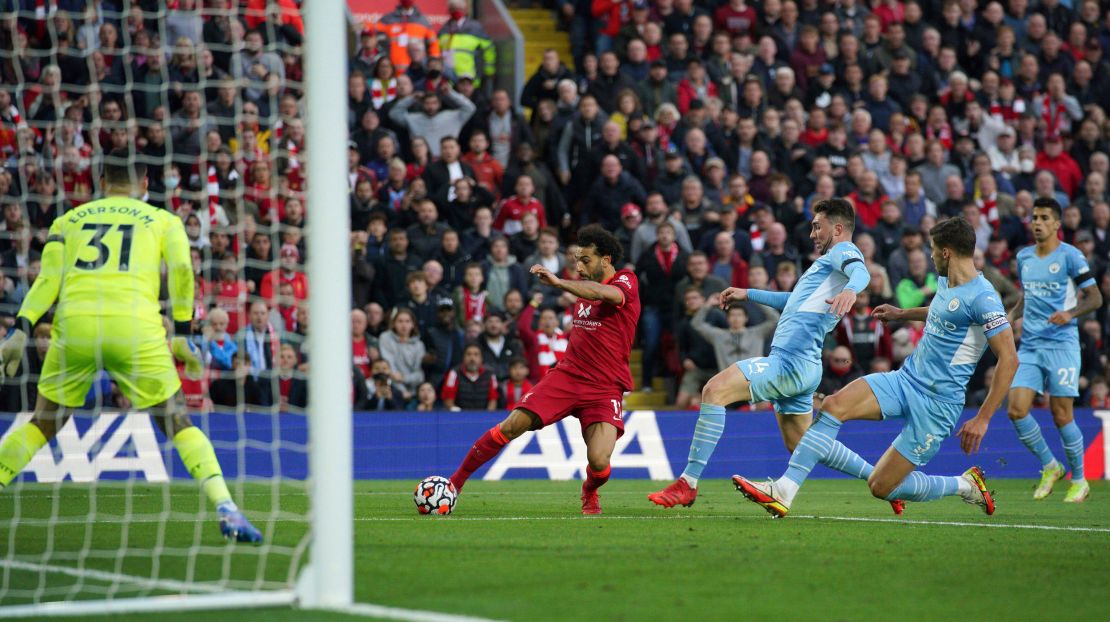
‘Overperforming’ xG – scoring more goals than the accumulated expected number – can indicate a high level of finishing ability, something that Salah has already shown this season by an overperformance of 1.14 xG across his first seven league matches.
For Brundish, this is a “significant” indication of Salah’s talents and accompanies a range of other statistics in quantifying his value – only Manchester City’s Belgian midfielder Kevin de Bruyne comes close.
“Salah has the greatest season in Premier League history, obviously in 17/18, but since 17/18, he’s created the most chances by anybody not called De Bruyne,” Brundish said.
“He has played more passes into the box, created more xA, more big chances, carried the ball into the box, had more penalty box touches – so he’s carried the ball and received the ball in the box more than anybody else.
“And he’s created more post-shot xG – the value of the thing that happens after the shot. He’s added the most to that shot of anybody in the league in the last four years.
“Currently this season, Mo Salah has a goal or assist every 59 minutes, and he had a goal or assist every 58 minutes in his first season for Liverpool.
“So you can’t judge by just goals and assists, but if we’re going to, only Thierry Henry has a better rate of goals and assists than Mo Salah in Premier League history of anybody that’s scored 50 goals.
“Alongside that, he’s missed two games through injury. That’s an absurd level of value. De Bruyne is the only player in the league that could be argued is as good as Salah, but he’s missed 38 games during that period. It doesn’t matter if you’re that good if you don’t play.”
Is Salah underrated then?
It seems paradoxical that a player with such a mountain of statistical evidence to reinforce his ability could be underrated and yet, Brundish asserts, that is exactly the case.
Having worked with various Premier League clubs, Brundish believes that Salah is hugely appreciated among fellow players. However in mainstream sports media, those who “set the narrative,” credit is often swiftly followed by criticism.
“There’s always a ‘Yeah, but…’ with Salah,” Brundish said.
“They always find a reason to say, ‘Yeah, but he’s selfish,’ ‘Yeah, but he doesn’t work hard.’ Sadio Mane [Salah’s teammate] would get more highly rated by the pundits who set the narrative, but statistically, they’re not comparable.
“One is an all-time great, and the other is a brilliant footballer but he’s not an all-time great, and we’ve grossly downplayed him.”
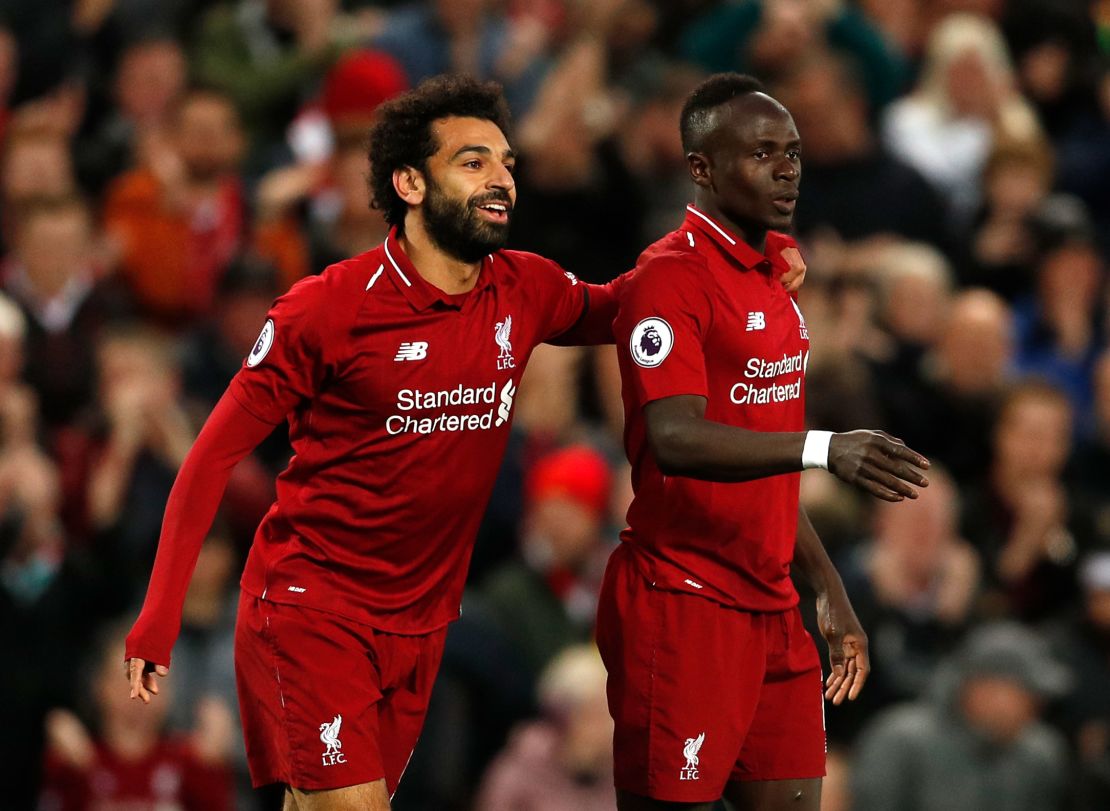
The ‘selfish’ and ‘lazy’ labels directed at Salah are barbs that Brundish finds particularly aggravating. For a scientist whose entire work revolves around the use of data to create and support conclusions, it is “greatly annoying.”
“You can’t be that selfish while also creating more chances for your teammates than anybody in the league,” Brundish said.
“This is not ‘sometimes he creates chances’ – he’s actually more generous than anybody else in the whole league. So you can’t use those narratives – they can’t exist at the same time – one is wrong and it’s been pointed out repeatedly.
“‘He doesn’t work hard.’ Well, statistically, he has more final third presses than anybody in Europe. He has the most final third ball recoveries than anybody in Europe.
“He does all of those hard working things that you will allow a bad player to do if they work hard because you know, ‘Our team work,’ and he is also the best footballer in the league too.
“You’ve come to the point where you’re either so lazy that you aren’t willing to accept anything different or you’re lying, and neither sits very well with me.”
Media and public perception
Part of Brundish’s frustration comes from his belief that such criticisms come with connotations that lead to implicit negative assumptions regarding Salah’s character.
“When you’re using language like selfish, that is pejorative, so you’re creating a criticism, but it also leads your brain down a certain path,” Brundish explains.
“What does selfish mean? It means he doesn’t pass, he isn’t generous, and he will make bad choices for his own personal gain. In England, that’s a big deal because we have these very terrible old traditions that grit – giving for the team – is the most important thing.”
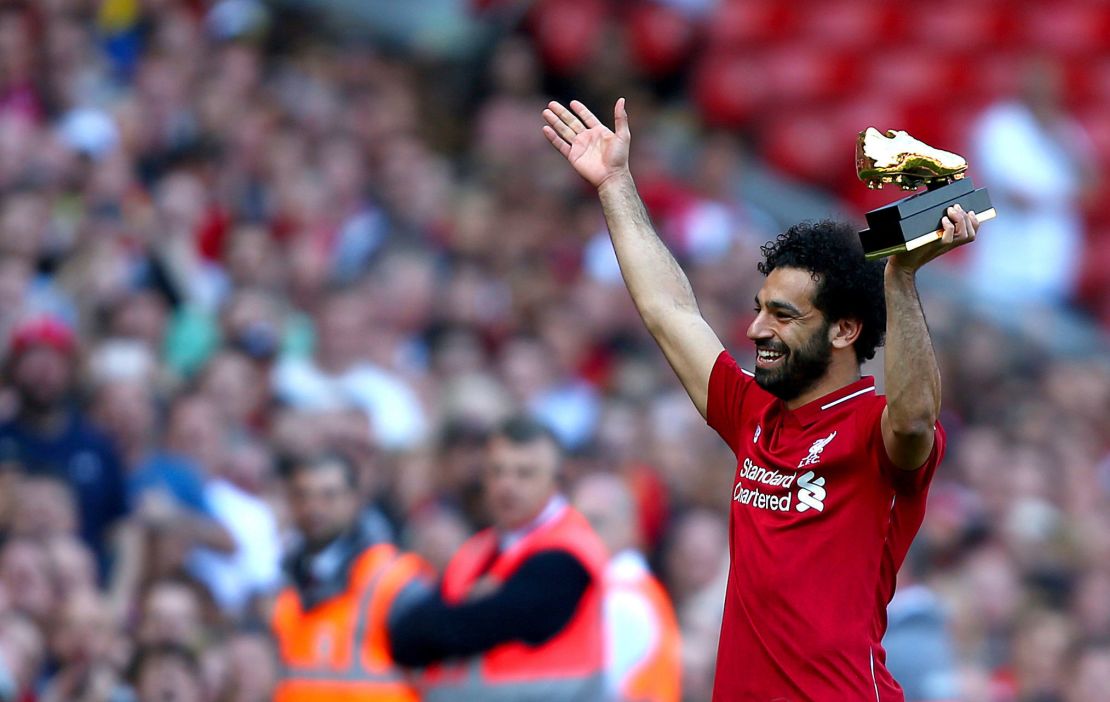
This allusion to the ideals at the heart of English football, how it perceives itself, form the basis of Brundish’s explanation as to why such criticisms of Salah rose, and persisted, until very recently.
“There is always a little bit of xenophobia,” he argues.
“Britain’s better, England’s better, the Premier League’s better, he couldn’t do that on a cold, wet night, in Stoke kind of thing. For anybody that’s not English, until they’ve been in England for a set period – I don’t know what that duration is – there is definitely a level of familiarity when suddenly they become ‘ours.’
“[Cristiano] Ronaldo had that, and Thierry Henry kind of had it by the end – you definitely find that with foreign players.
“There was always something nagging away, ‘There must be something wrong with him, because he can’t be this good.’ It was almost like a slight on their judgment that he was proving them wrong.
“I was a little bit unnerved by it, and I have been for three or four years. Yet something changed in the last three weeks where they are now talking about him as maybe he might actually be world class after all. I think maybe it’s just his fifth year, it might be as simple as that.”
Brundish also believes that Salah’s initial ‘rejection’ from English football, wherein he was bought by Chelsea from Roma in 2014 and sold by manager Jose Mourinho two years later, contributed to the school of Salah-skeptics.
“Salah had the legacy of being rejected by one of ‘our foreigners’ – Mourinho,” Brundish explained.
“It was like, if Mourinho didn’t think he’s good enough – Mourinho is the greatest manager of all time in our minds as the media pundits – then there must be something wrong.”
Fortunately for Salah, he undoubtedly has the full backing of his current manager, Jurgen Klopp.
“Mo Salah scores that goal because he is world class,” Klopp said after the Manchester City game.
“He is one of the best players in the world. That’s how it is.”















